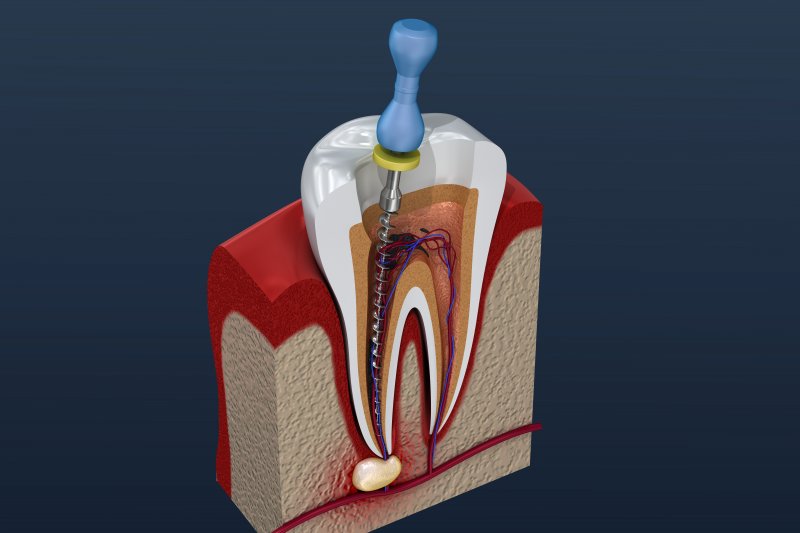
Root canals have a pretty bad reputation among most people, in part because of outdated ideas about the procedure. The idea that root canals are painful and invasive may have been true at some point, but understanding how they’re done now shows these myths to be untrue. It’s worth clearing the air about root canals, so here are a few facts you might not know about this restorative procedure.
Root Canals are Painless
Maybe the most common myth surrounding root canals is that they’re incredibly painful procedures. This used to be the case, but modern anesthetics have made it so that this is no longer a problem. Within moments, your dentist can completely numb the area around and within your tooth. Not only are root canals not painful, but you also probably won’t feel anything at all.
Root Canals are the Best Way to Get Rid of Pulp Infection
Root canals are fairly involved procedures, so dentists won’t do them frivolously. If your provider is recommending a root canal, it’s probably to treat an infection that has found its way deep inside the tooth. In cases like this, the infection can’t be treated with simple antibiotics, and a filling alone won’t stop the discomfort. In fact, the only alternative to a root canal is usually to have the tooth extracted. That means root canals are often the easiest option for patients that need them.
You Could Still Need a Root Canal If You Aren’t in Pain
Many people who develop a toothache may notice that their teeth have started to feel better on their own, or at least that they no longer hurt. That makes some people think that they don’t need a root canal. However, what’s actually happened is that the infection that caused the toothache has caused such a profound decay in the root pulp that the nerve endings no longer feel any pain. When the infection progresses to that extent, it begins eating away at the jawbone, resulting in the loss of the tooth. To put it bluntly, a toothache fading is likely a sign that you’re more in need of a root canal, not less.
As you can see, root canals aren’t nearly as scary as they’re made out to be. If you think you might need one, take your dentist’s advice and get it—you won’t regret it.
About the Author
Dr. Alison Garrad is a dentist who loves being able to get to know her patients on a personal level. She believes that the best way to improve people’s oral health is to treat them as equals and partner with them to build a better smile. Dr. Garrad received her doctorate from the Texas A&M College of Dentistry, graduating in the top 5% of her class. She’s also a proud member of the Texas Dental Association and the Academy of General Dentistry. If you have any questions about how root canals really work, she can be reached at her website or by phone at (903) 455-6075.

